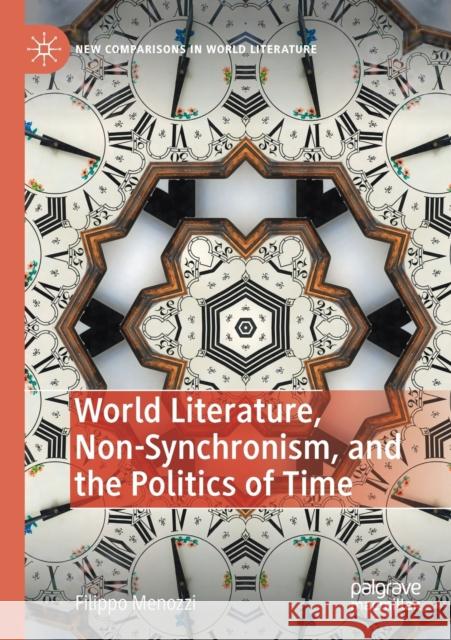World Literature, Non-Synchronism, and the Politics of Time » książka
topmenu
World Literature, Non-Synchronism, and the Politics of Time
ISBN-13: 9783030417000 / Angielski / Miękka / 2021 / 213 str.
World Literature, Non-Synchronism, and the Politics of Time
ISBN-13: 9783030417000 / Angielski / Miękka / 2021 / 213 str.
cena 201,24
(netto: 191,66 VAT: 5%)
Najniższa cena z 30 dni: 192,74
(netto: 191,66 VAT: 5%)
Najniższa cena z 30 dni: 192,74
Termin realizacji zamówienia:
ok. 22 dni roboczych.
ok. 22 dni roboczych.
Darmowa dostawa!
Kategorie:
Kategorie BISAC:
Wydawca:
Palgrave MacMillan
Seria wydawnicza:
Język:
Angielski
ISBN-13:
9783030417000
Rok wydania:
2021
Wydanie:
2020
Numer serii:
000793616
Ilość stron:
213
Waga:
0.30 kg
Wymiary:
21.01 x 14.81 x 1.3
Oprawa:
Miękka
Wolumenów:
01
Dodatkowe informacje:
Wydanie ilustrowane











